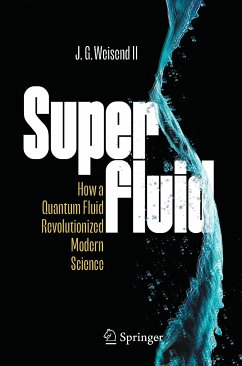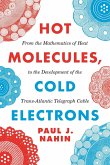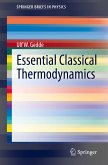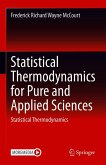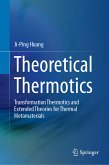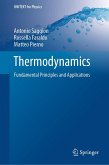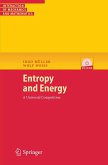This book tells the story of He II. It describes the discovery of the fluid, the observation and understanding of its behavior, the development of underlying theory and the evolution of He II from a laboratory curiosity to an industrial-scale coolant. The current and possible future applications of He II are described.
Like all science and engineering, the story of He II is a human story and the role that personalities, politics, communication, cooperation and competition play in the development of He II is captured here as well. World-famous physicists such as Lev Landau, Richard Feynman, Peter Kapitza and Kurt Mendelssohn are key players in the story, while secret police from two different countries have a walk-on role.
This work is meant for the general reader. Without assuming any expertise in physics, engineering or mathematics, it illuminates for the general public a little-known area of science and engineering and shows why it matters. As it turns out, it's also a good story.
Dieser Download kann aus rechtlichen Gründen nur mit Rechnungsadresse in A, B, BG, CY, CZ, D, DK, EW, E, FIN, F, GR, HR, H, IRL, I, LT, L, LR, M, NL, PL, P, R, S, SLO, SK ausgeliefert werden.

